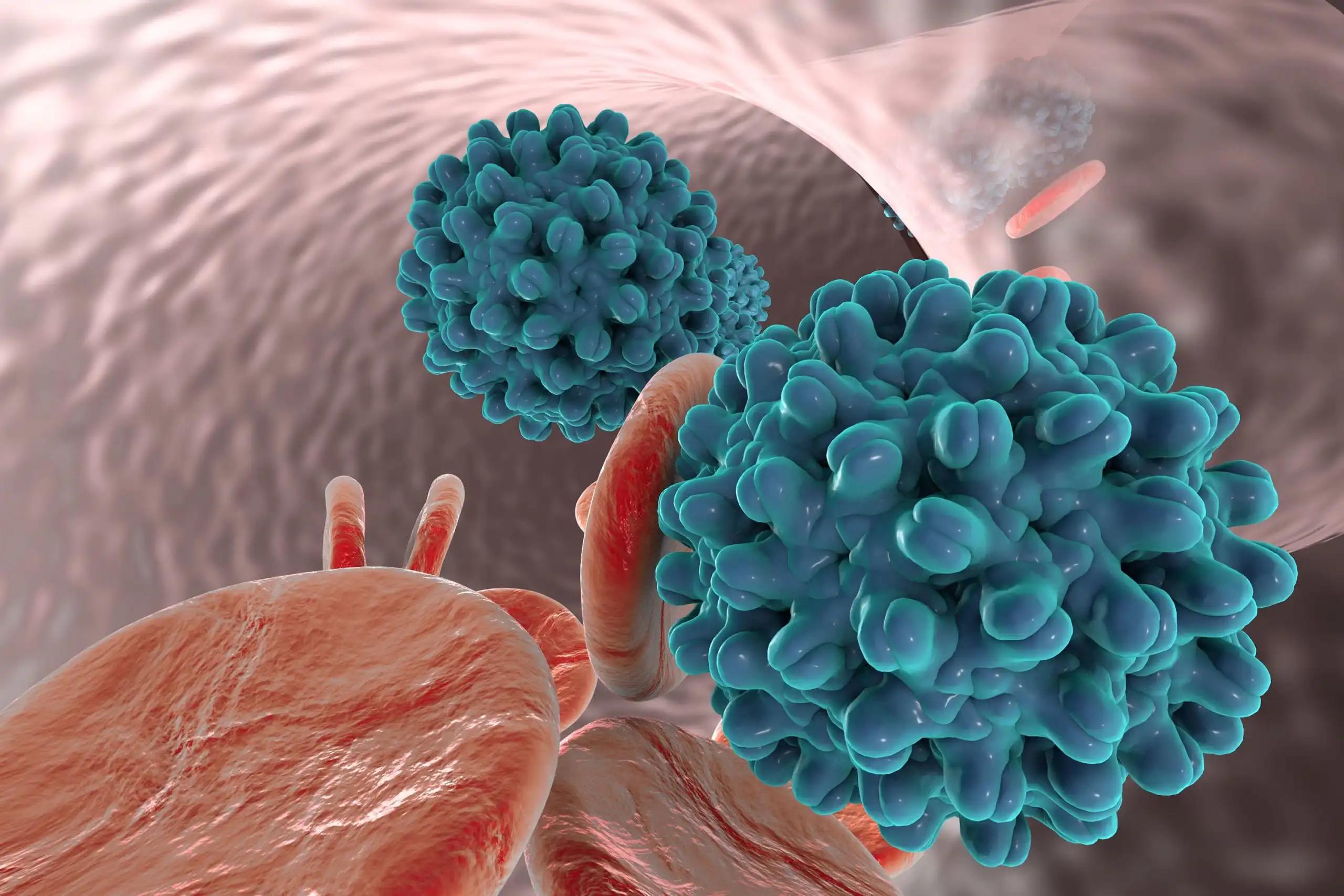KEY TAKEAWAYS
- The ICANSLEEP study aimed to investigate the potential of GVS to improve RAR, sleep, and spatial memory in patients with BC.
- Researchers noticed that GVS could potentially stabilize RAR, improve sleep structure, and enhance cognitive functioning.
Patients with breast cancer (BC) often experience disruptions in circadian rhythms, particularly in rest-activity rhythm (RAR) and cortisol levels, which play a crucial role in maintaining regular sleep patterns. These disruptions frequently lead to sleep issues, such as insomnia, and cognitive impairments. In the general population, proper sleep is closely linked to cognitive functioning, including spatial memory.
Consequently, enhancing RAR, and especially sleep quality, may help mitigate cognitive impairments in patients with BC. Recent studies suggest that the vestibular system, known for its critical role in spatial memory, may also contribute to the synchronization of RAR. Therefore, stimulating the vestibular system could potentially alleviate sleep disturbances and improve spatial memory in patients with BC.
Melvin Galin and the team aimed to assess the potential of galvanic vestibular stimulation (GVS) to improve RAR, sleep quality, and cognitive functioning, particularly spatial memory, in patients with BC.
They performed an inclusive analysis on 2 groups with insomnia complaints, characterized by an Insomnia Severity Index greater than 7. The study included a group of 50 patients with BC and a control group of 25 healthy individuals without a history of cancer. There were 2 assessment sessions: 1 before and 1 after a 2-week period of GVS. Participants were randomly assigned to either a GVS group or a sham group (receiving non-effective stimulation), with the control group receiving GVS.
The effects of GVS were quantified and compared across the groups. The assessments encompassed a variety of measures, including actigraphy for sleep monitoring, salivary cortisol levels to assess stress and circadian rhythm, polysomnography for detailed sleep analysis, a comprehensive cognitive test battery with a focus on spatial memory, and validated questionnaires evaluating psychological functioning and sleep complaints.
The study concluded that GVS has the potential to directly address disruptions in RAR among patients with BC, offering beneficial effects on sleep structure. Given the critical role of sleep in cognitive functioning, particularly spatial memory, the findings suggest that improving sleep quality through GVS may also enhance cognitive abilities in these patients.
The study was sponsored by the Centre Francois Baclesse.
Source: https://pubmed.ncbi.nlm.nih.gov/39083526/
Clinical Trial: https://clinicaltrials.gov/study/NCT05414357
Galin M, de Girolamo L, Clarisse B, et al. (2024). “Exploration of effects of galvanic vestibular stimulation on circadian rhythms and its associations with sleep and spatial memory in patients with breast cancer: The ICANSLEEP-2 protocol.” PLoS One. 2024 Jul 31;19(7):e0306462. doi: 10.1371/journal.pone.0306462. PMID: 39083526; PMCID: PMC11290633.



